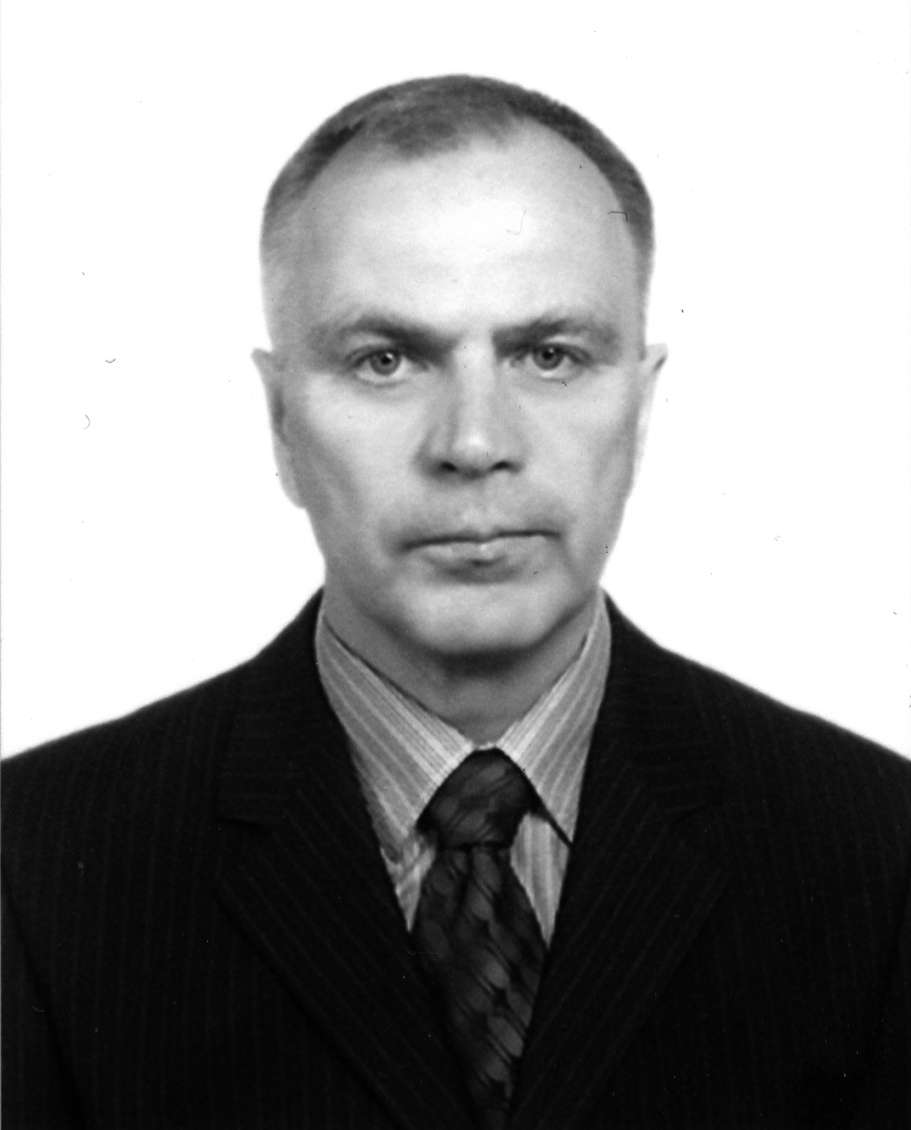The article analyses the organization of the religious life of Latvian immigrants since the founding of peasant colonies in Ufa province (Bashkiria) in the last quarter of the 19th century and up to the 70s of the 20th century. That was the time of the loss of many customs after decades of struggle of the Soviet government with religion and the mass exodus of Latvians to their historical homeland. For the first time, the purpose of the article is to identify the role of religion, which contributed to the successful adaptation, intra-ethnic consolidation of Latvians who found themselves in a multi-ethnic and multi-confessional society with a strikingly different level of culture and mentality, and the preservation of ethnic culture. The author shows the role of spiritual mentors is shown by the example of Lutheran preacher E.O. Franz and identifies the historical and ethnographic areas of Protestantism spread. The article also describes relationship between the transition to Orthodoxy and the change of ethnic identity in favor of Russian, between the loss of traditional religion and the unique layer of Latvian culture. It is established that the religious life of rural Latvians of Bashkiria revived somewhat in the 50–70s of the 20th century: prayer meetings of elderly villagers were held relatively regularly, Christmas was celebrated with the organization of a children's matinee, other religious holidays; cemetery services were revived. However, due to the absence of priests, rituals were limited to common prayer, reading the Gospel, and singing sacred hymns.
Keywords: immigrants, Latvians, Ufa province, religion, Lutheranism, Baptism, Orthodoxy, culture, pastors, prayer meetings, rituals, collectivization, repression
DOI: 10.22250/20728662_2022_3_35
About the author
 |
Evgeny A. Chegodaev – Senior Research Fellow at the Department of Ethnography, R.G. Kuzeev Institute for Ethnological Studies – |






